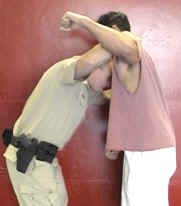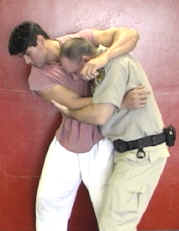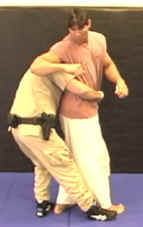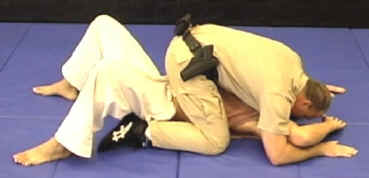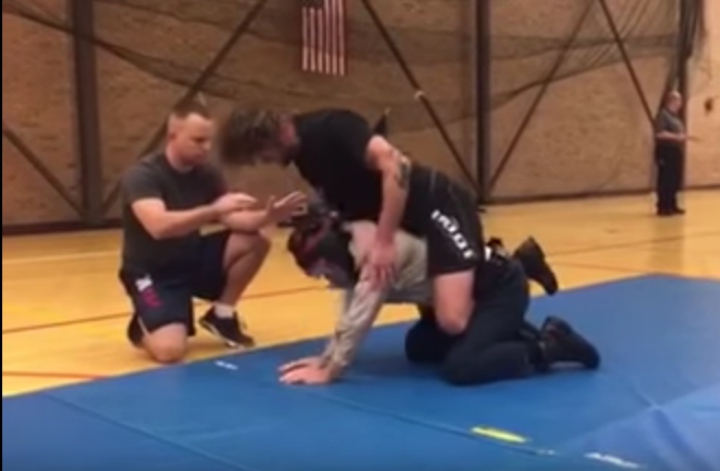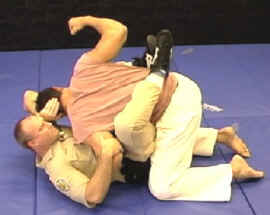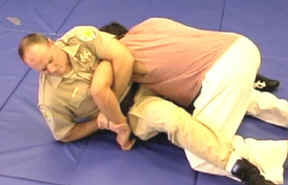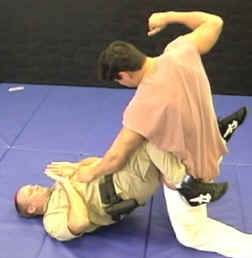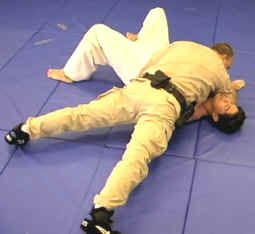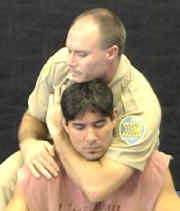Jiu jitsu is the cornerstone of Mixed Martial Arts (UFC) fighting. The techniques can choke people unconscious or break limbs. Many people (including Criminals) are learning these deadly techniques.
Cops should be able to defend themselves, right? This fleeing man got out of his car, roughed up his pursuer and got back in to drive away:
Many people are shocked to learn that police are also learning the fighting style. Police departments across the country are paying high-level jujitsu masters to teach their officers how to master the martial art.
Should we be concerned? Are we amassing a horde of monsters that are capable of rending limbs from citizens? Will police abuse these techniques to injure citizens when they should just handcuff them?
Renner Gracie – one of the worlds leading Brazilian Jiu Jitsu teachers – says that properly trained policemen can subdue rowdy suspects more quickly without injuring them. He says they can also avoid being injured themselves, or getting bystanders involved. Gracie says that police need more options to control a person, other than punching, taser or gun. “An Officer without options is a shooting waiting to happen.”
More police training is welcomed by most people. The more officers know (when trained properly) the more likely they will do the correct thing. Ask your local department what kind of training their officers go through.
GrappleArts.com points out what they believe are the most important techniques for police to learn:
1. The Clinch
2. The Rear Takedown
3. The Mount
4. The Back Mount
5. The Closed Guard
6. The Kimura
7. The Open Guard
8. The Cross Side
9. The Knee Mount
10. The Rear Carotid Restraint
More police training is welcomed by most people. The more officers know (when trained properly) the more likely they will do the correct thing. Ask your local department what kind of training their officers go through.

